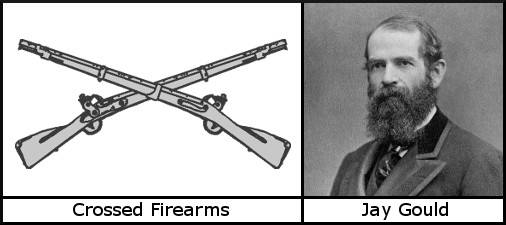Elmore Leonard? Marty Asher? Leonore Fleischer? Apocryphal?
Question for Quote Investigator: The funniest and most cogent writing advice I have ever heard was delivered by the best-selling author Elmore Leonard. According to folklore, an aspiring novelist implored Leonard to reveal the secret of his success, and he replied with something like this:
I leave out the parts that readers tend to skip.
Would you please help me to find a citation?
Reply from Quote Investigator: The earliest evidence known to QI appeared in 1985 within the trade magazine “Publishers Weekly”. Columnist Leonore Fleischer relayed an anecdote from Marty Asher, editor-in-chief of the Quality Paperback Book Club. Emphasis added to excerpts by QI:1
Marty said, “Do you want to hear the best quote about publishing that I’ve heard in 20 years?” We whipped out our Ticonderoga #2. “It was uttered by Elmore Leonard (author of Glitz) at the Book-of-the-Month Club luncheon. We were all raving to him about his books, how quickly they move and how good the dialogue is, and Leonard said quietly, out of the comer of his mouth, ‘Yeah, I try to leave out the parts that people skip.'” We’re gonna paste that on the wall over our Selectric.
Many years later in 2001 Leonard penned an essay of writing advice for “The New York Times”, and he included a similar remark. See the citation further below.
Here are additional selected citations in chronological order.
Continue reading “Quote Origin: I Try To Leave Out the Parts that People Skip”
